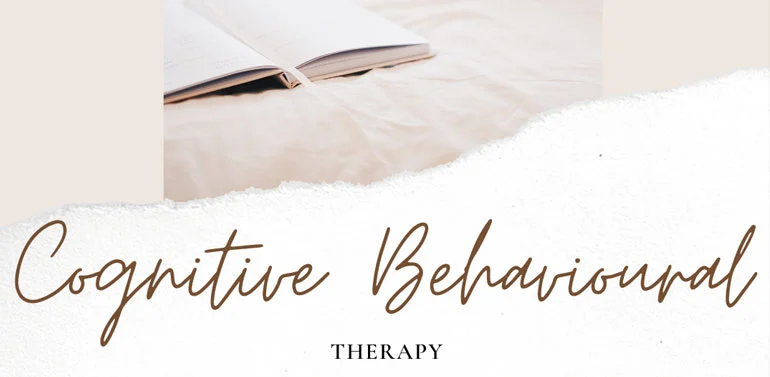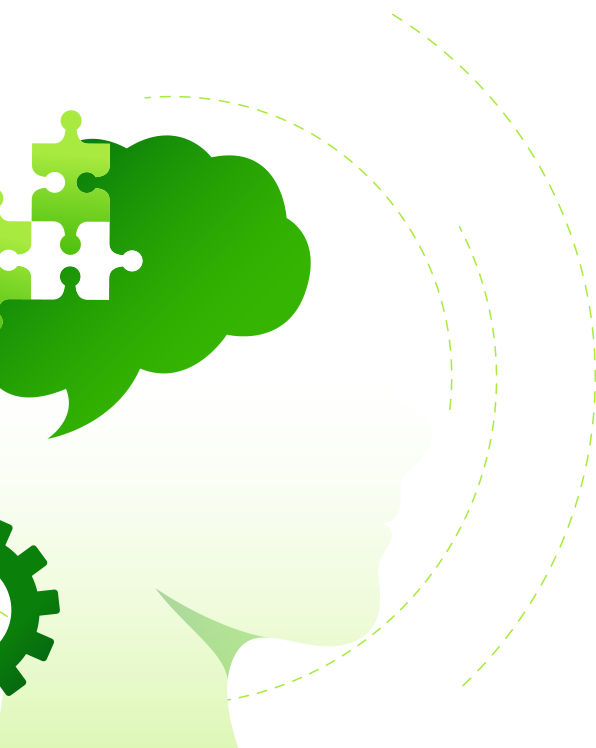Monks Risborough, Bucks, HP27
To book an introductory appointment

CBT is now widely known among us as form of therapeutic intervention. It’s commonly recommended by the NHS, as a first point of call for anyone suffering with mental health difficulties. There are two reasons for this:
CBT is measurable. It’s efficacy can be monitored with statistical data, unlike other therapies. Therefore it’s easier to demonstrate if it’s working or not.
CBT is concerned with identifying the triggers for problematic behaviours, the links that occur internally when triggered and seeking alternative responses. CB Therapists work with their clients to develop alternative ways of managing their responses to triggers by diffusing the intensity of the trigger, exploring alternative perspectives and implementing coping strategies so that you experience a different outcome, when in the same situation.
This is all great and can be extremely effective when you are experiencing very challenging reactions to particular situations but there are few things you should know about this therapy before deciding if it’s right for you:
A majority of mental health difficulties are complicated. They are more than just one specific problem. They stem from a combination of all your life experiences. CBT doesn’t provide the space to address all contributing factors in-depth. Instead it focuses on finding a resolution for the one major difficulty now, whatever that might be.
CBT is a directive and practical therapy. Once you have established your goal, the idea will be to focus on achieving that. So it doesn’t encourage you to switch focus onto other things, whilst working on a particular problem.
CBT is task focused. Each session you’ll explore possible ways to make things better in the week ahead. You’ll then come to your next session and feed back on how those plans were implemented and if they were successful or not. These strategies will be practiced and adapted until you feel a sense of improvement and relief.
CBT is about providing you with tools to cope. Thus the coping works when you implement the tools. This is a very surface-level approach. This doesn’t tend to the lifetime of experiences that you may have had, causing the original inability to cope. Therefore the therapy works whilst you implement the new ideas. Relapse rates can be high because the old feelings are often still there, unattended to.
CBT is an effective therapy for:
Immediate relief, if you are in a position to implement the work from your therapy, into your day-to-day life. CBT will definitely provide relief in the short-term, if you implement your learning.
Specific behavioural challenges e.g. anxiety, obsessive-compulsions, addictions, communication problems etc but only if you are ready. You’ll need to be emotionally strong, determined and committed to change.
Clients who have participated in other therapies, worked through their deep-rooted issues, feelings, past experiences etc and need something extra to help them to move forwards in life.
Clients who have isolated problems. I.E. they haven’t suffered previously and they can attribute their current struggles to a particular, recent event.
If you are considering or have been advised to try CBT, I would first have a discussion with an experienced therapist, to find out if this is the right therapy for you, right now. It might be, it might be better to integrate it with another therapy or perhaps you’ll need another therapy first and CBT later.

No matter where you are based in the UK, Rebecca is only a call or a message away, if you would like to arrange Counselling or Therapy sessions.
Monks Risborough, Bucks, HP27
We take your privacy seriously and will only ever use your personal information to provide details you have requested.
2023 White Barn Therapy | Web Design by JWD Ltd